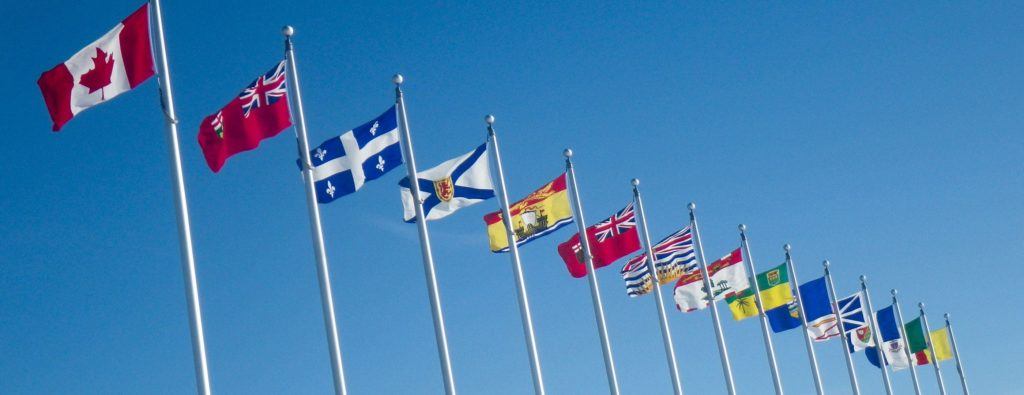Just before the winter holiday, the federal government set out the ground rules it will use in 2018 to ensure carbon pollution is priced across Canada. Pricing carbon encourages innovation, discourages polluting activities and accelerates the transition to clean, renewable energy.
The David Suzuki Foundation was pleased to see that on December 20, Minister of Environment and Climate Change Catherine McKenna and Finance Minister Bill Morneau wrote to all provinces and territories and clearly set out how government will assess if their carbon-pricing systems — which must be implemented during 2018 — meet federal requirements.
Although putting a price on carbon makes polluting activities more expensive, it can generate revenue that can be used to invest in the clean economy and public services while making green choices relatively more affordable. Alternatively, governments can adopt a revenue-neutral approach, whereby the revenue generated by pricing carbon is used to support low-income families through grants or tax reductions — especially on taxes that impede desirable economic activity.
Either way, most economists see carbon pricing as an essential and efficient measure to tackle climate change while improving well-being by driving clean innovation. B.C.’s carbon tax and the cap and trade programs in Ontario and Quebec demonstrate that pricing carbon can go hand in hand with a strong economy.
Minister McKenna’s letter laid out her expectation that to meet federal requirements, provincial carbon-pricing systems must reduce carbon emissions faster than would have occurred otherwise. Some provinces — like Saskatchewan, New Brunswick and Nova Scotia — have proposed weak systems that will be ineffective at lowering carbon pollution. They either need to improve their pricing system or, on January 1, 2019, they will face the initial federal benchmark price of $20 per tonne. In cases where the federal government imposes its benchmark on a province, revenue collected will be returned to the province to be used as it deems fit.
The Foundation is also pleased with annual assessments to ensure each province or territory’s pricing system complies with the federal benchmark, which rises $10 per year until it reaches $50 in 2022.
Ideally, the David Suzuki Foundation would have liked the federal government and lagging provinces to act more quickly on pricing carbon. Already, 42 national and 25 subnational jurisdictions are putting a price on carbon. This week, the Organisation for Economic Co-operation and Development — a group of the world’s richest economies — published its assessment of Canada’s national environmental performance. It concluded that Canada needs more concrete and timely action to meet its Paris commitments.
While putting a price on carbon pollution is a key element of effective climate strategy, to drive down emissions and meet the Paris Agreement target, governments must also use a range of other tools. In the New Year, the David Suzuki Foundation will look to the federal government to follow through on other solutions such as laws to phase out coal power, regulations to eliminate methane pollution from oil and gas companies, setting in place a zero-emission vehicle standard similar to one put in place by California and Quebec and accelerating investments in renewable energy. We will also push for all levels of government to invest in transit and active transportation like bike paths.
The Foundation would have preferred to see a price on carbon in all provinces and territories by January 1, 2018, but the necessary legislation was not ready in time. This underscores the need to proceed quickly with putting in place other parts of federal and provincial climate policies. Nevertheless, the good news is that already in 2018, most Canadians will be living in provinces where a price on carbon pollution helps clear the air and drive innovation toward a green economy. And when 12 months hence we ring in the new year in 2019, the price on carbon will be $20 or above across Canada.
Our Work
Always grounded in sound evidence, the David Suzuki Foundation empowers people to take action in their communities on the environmental challenges we collectively face.




